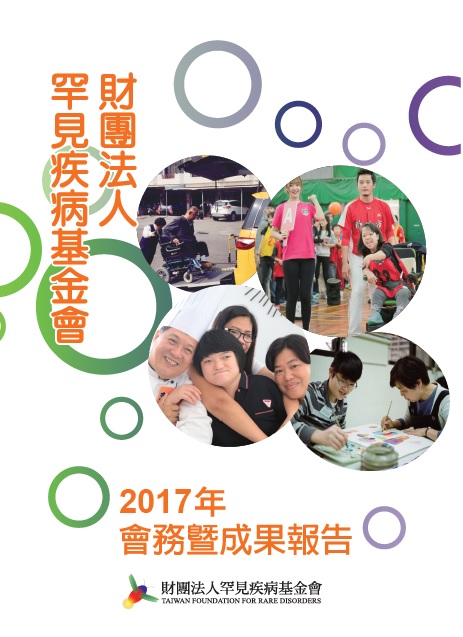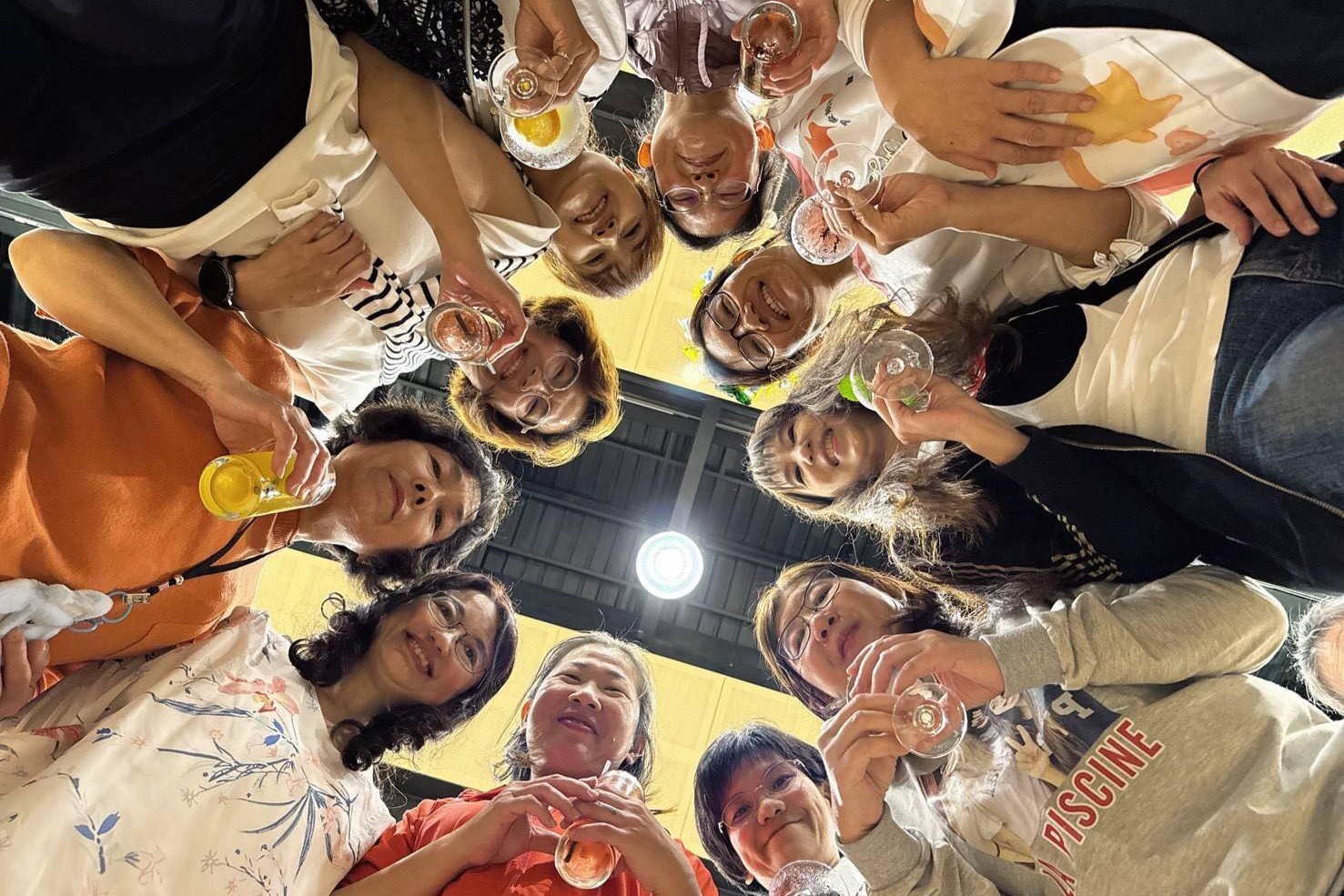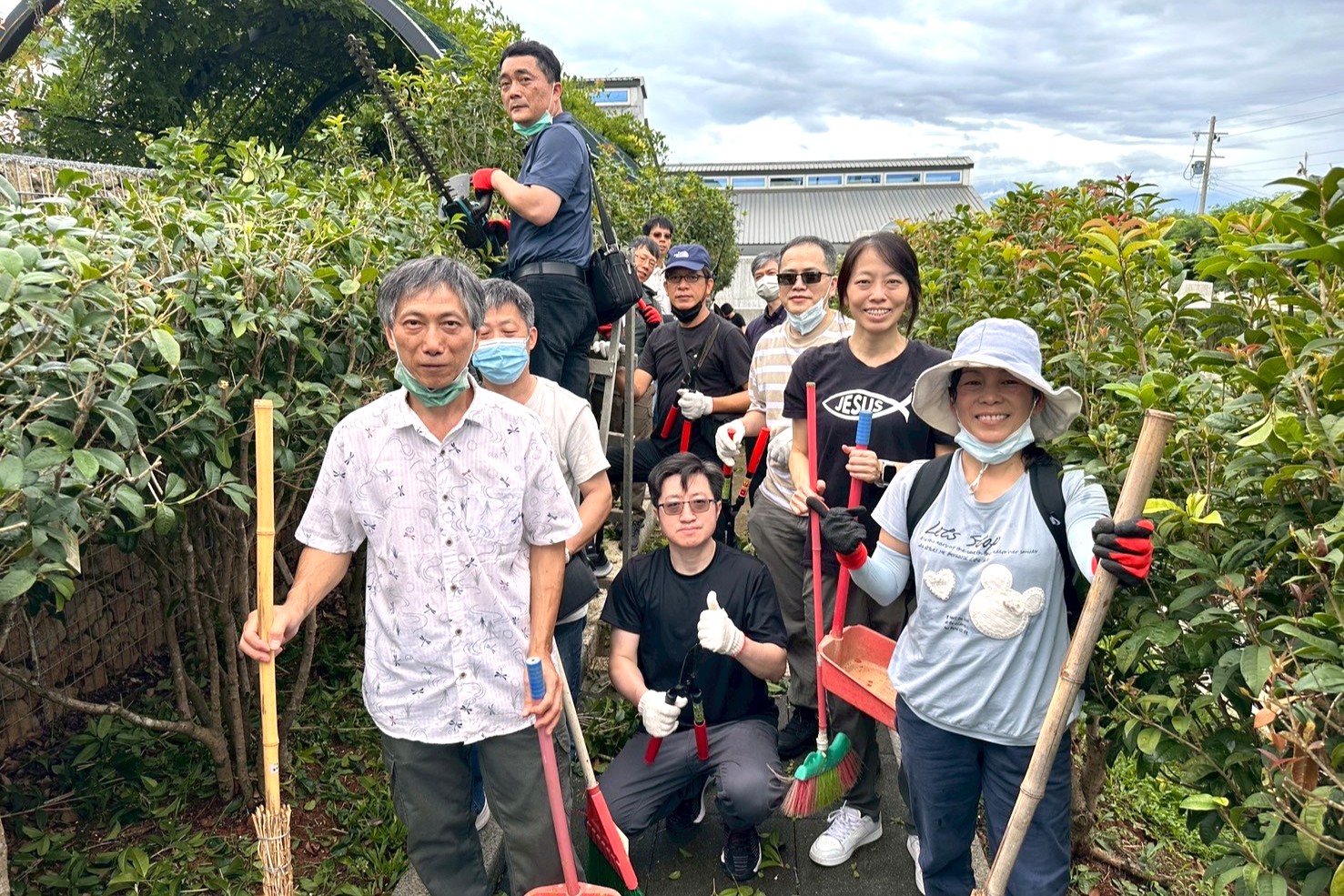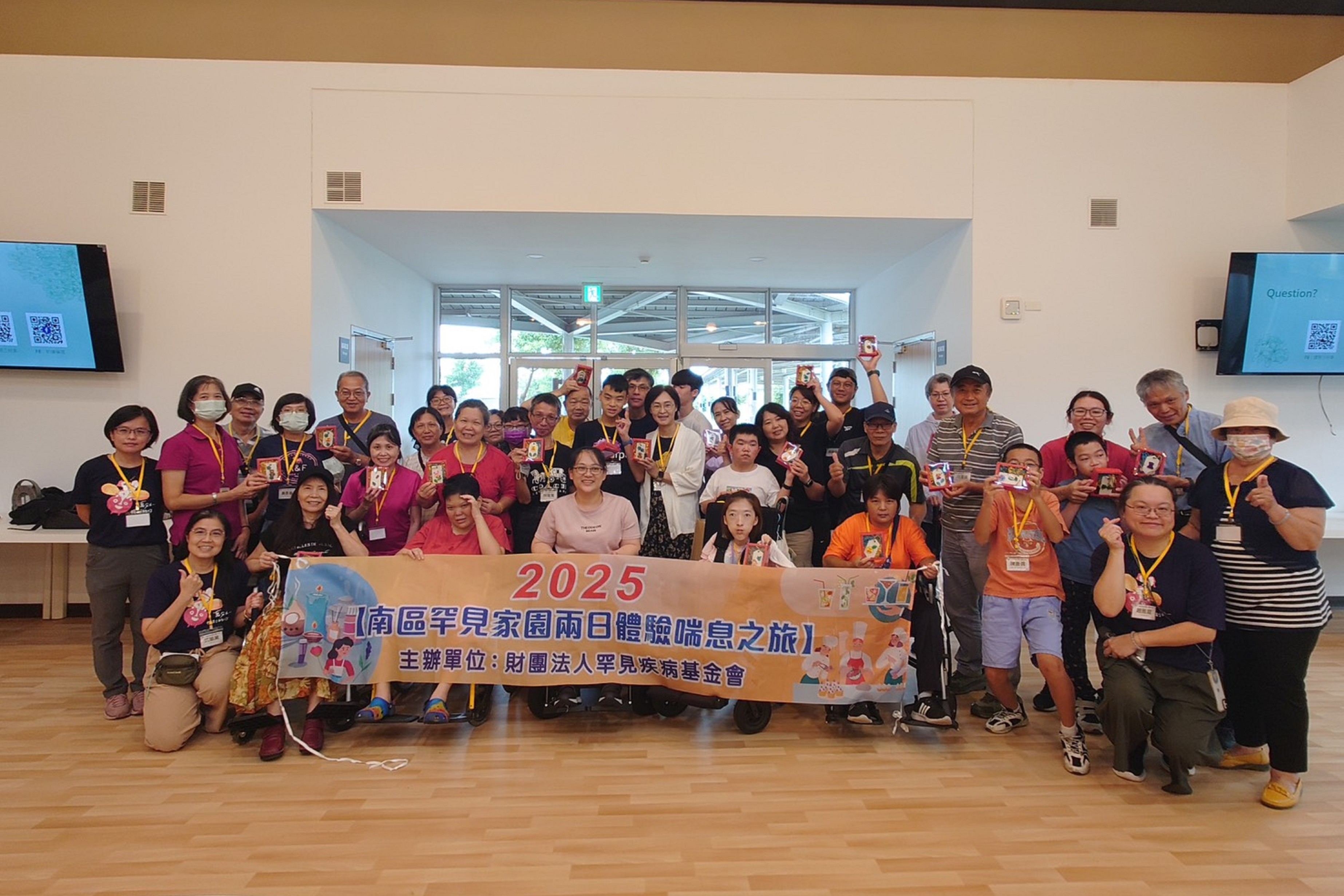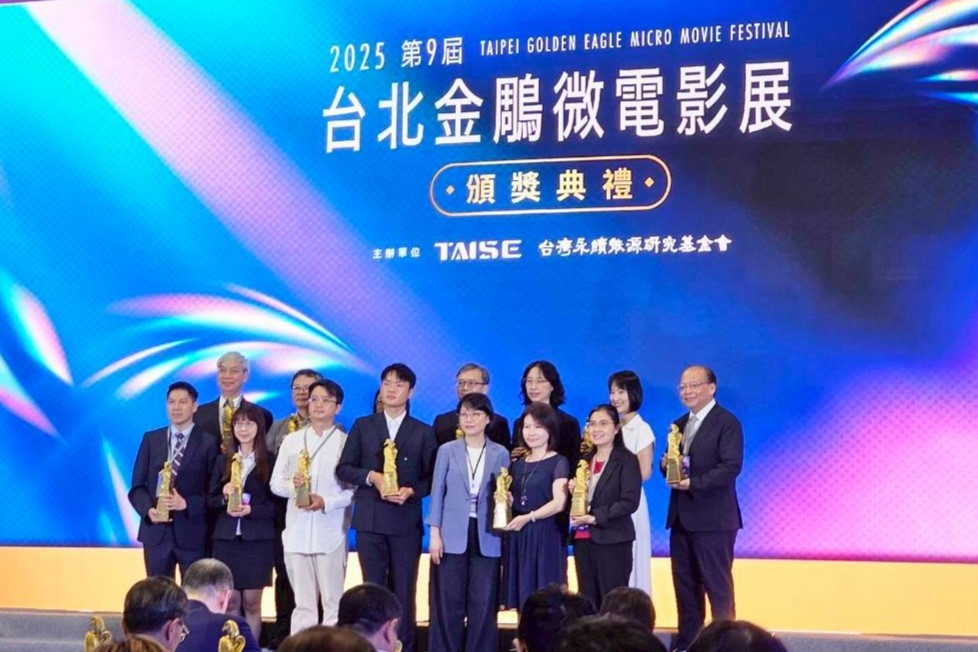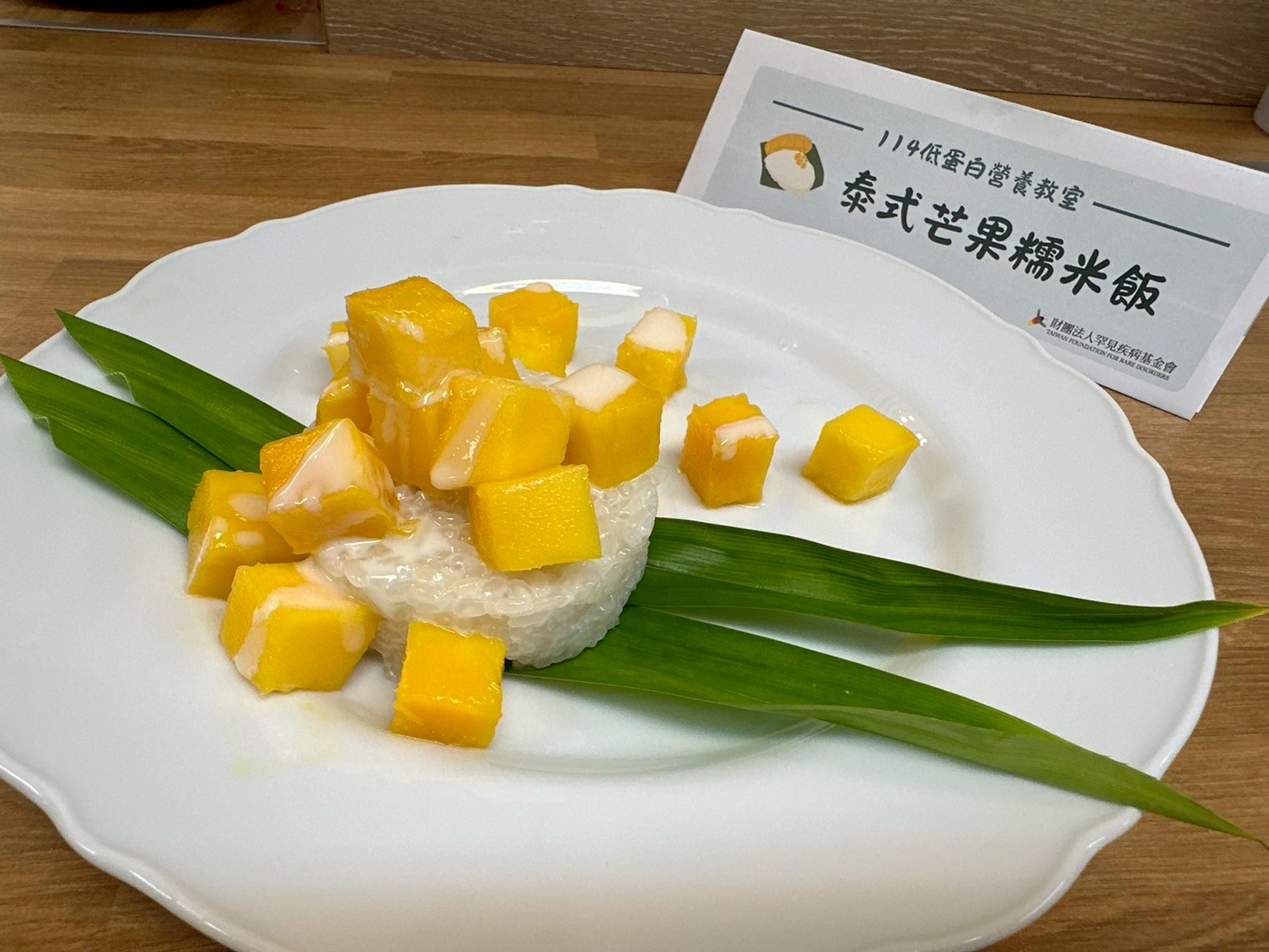News
Summary of 2017 Annual Report
For the past 19 years, TFRD (Taiwan Foundation for Rare Disorders) contributes in the fields of policy lobbying, disease prevention and patient care for rare disease families. We are dedicated to becoming a patient-centric non-government organization and fulfilling the needs of rare disease patients’ family.
In 2000, TFRD supervises and urges the passing of the legislation of “Rare Disease Prevention and Orphan Drug Act”, which made Taiwan the fifth country in the world with relevant rare disease laws. The Act is also the first law that covers subsidies for rare disorders prevention, cure, and research and development of rare disease. Furthermore, TFRD continuously facilitates laws that categorize rare disorders as a disability. We also urge the government to include rare diseases into the NHI coverage as one of the catastrophic illnesses, allowing rare disease patients receive special payment coverage for orphan drugs. Moreover, we are in favor of government taking its legal role and responsibility as the guardian of rare diseases patients.
To advocate the concept of disease prevention, TFRD launches “Expanded Newborn Screening Pilot Project” in 2000. The new testing technology can screen nearly 30 kinds of rare diseases by using tandem mass spectrometry, which takes only few drops of blood from a newborn baby’s heel to test. Later in 2003, TFRD further devotes the subsidies program for indigenous newborns screening. Until now, TFRD subsidies 171,515 aboriginal and low-income newborn babies for the testing fee. Therefore, TFRD is awarded “Yuen-Shu Award” by the Council of Indigenous Peoples in 2017. TFRD feels honored to have this reward symbolizing the highest accolade of contribution to indigenous people. TFRD will be the guardian angel for indigenous newborns continuously to help them get early diagnosis and early treatment of rare diseases.
In addition to policy lobbying, TFRD provides direct services in medical care, psychological care and financial support to rare disease families as well as assistance programs for schooling and employment counseling. In 2017, we serve 252 kinds of rare diseases with 6,318 patients. Our direct services are divided into Service Programs and Personalized Services based on the family needs. This year, the Service Programs provide 22,510 times services about economic benefits, tube feeding dietary supplement, psychological counseling, performing workshop and micro insurance. The Personalized Services provide 6,335 times for genetic counseling, nutrition counseling, social resource management and relative medical services. TFRD also helps 340 high-risk families to get through difficult times with continuous support and care and sets up a consultation hot line which allows general public to call for advices for rare diseases questions. In addition, in cooperating with Taiwan Organization for Disadvantaged Patients, we provide mental support, resources referral and counseling to patients who are medically disadvantaged.
In 2017, TFRD initiates a new service program-subsidy of the accessible taxi fare from September 2017 to November 2017. Most of time, the wheelchair users of rare disease patients are hard to go outside and seek medical service because of the scarcity of the accessible bus and taxi and unfriendly payment policy. The purpose of this pilot program is to provide the subsidy of taxi fare for economically disadvantaged wheelchair users. Consequently, 34 patients submitted applications and 9 of them got the ride. Patients who benefited from the program gave positive feedback for the convenience of accessible taxi. Hence, we decide to expand the scale in terms of the duration to encourage more people to use the service next year.
To enhance the public awareness of rare diseases, TFRD is dedicated to increasing media exposure with various promotion activities. In 2017, TFRD and media companies co-produce 8 episodes of in-depth coverage “CTS News Magazine-- Seeing the Rare Vitality” and the first microfilm. We also invite baseball player Chien-Ming Wang, Chun-Yang Tsao and actress Ken-Ju Meng as public ambassadors.
TFRD provides continuing education courses for the professionals who provide direct service to rare disease families in different fields, such as schools, welfare organizations, and nursing homes. In these courses, professionals can learn about the knowledge of rare diseases, and the skills of caring. In 2017, TFRD holds two courses for college students and compulsory education teachers, and we will have courses for nurses and social workers next year.
To promote public awareness of rare diseases, TFRD regularly releases publications, digital resources, official updates on the website and e-newsletters. TRFD publishes 4 books with external partners as well as 24 books on rare disease series, 1 picture book series with 12 books, 21 care brochures, 72 quarterly magazines with a total circulation of 813,000 subscribers, 136 issues of e-newsletters with 7,454 subscribers each issue, leaflets of 137 diseases; 19 CDs/DVDs, 2 annual reports. In 2015, we co-produce with Philharmonic Radio Taipei broadcast drama “Isle of firefly story” that featured different kinds of rare diseases by storytelling. The drama received positive feedback. Therefore, we publish 12 audio and picture books of “Isle of firefly story” based on the materials of drama. TFRD expects that the school teachers can use the audio books as a tool to promote students’ understanding of rare diseases.
To enhance the incentive for rare disease research, TFRD offers the research grants and scholarships to the experts, scholars and medical professionals in Taiwan. Until now, we issue 40 projects for NT$16.74 million and 104 scholarships for NT$4.08 million. Those researches yield rich harvest, especially in the improvement of patient’s quality of life and medical development.
TFRD also proactively connects with international associations and patient organizations in the hopes of fostering information exchange and collaboration. This year, TFRD representatives are invited as international speakers by several organizations to share our experience, including Hong Kong Peninsula Rotary Club for “Rare Disease Seminar,” Sanofi company for “18th Asia LSD Symposium” in Thailand, and Rainbow Across Borders for “2nd ASEAN+ Rare Disease Network Meeting” in Singapore. Several international experts of rare disease also paid a visit to TFRD, including the president of Japan ASrid Yukiko Nishimura, the president and CEO of Canada Organization for Rare Disorders Dr. Durhane Wong-Rieger, Hong Kong’s Labour party councilor Dr. Fernando Chiu Hung Cheung, and the councilor of the League of Social Democrats ,Mr. Kwok-Hung Leung, the chairman of Conference of Non-Governmental Organizations in Consultative Relationship with the UN (CoNGO) Cyril Ritchie, and the chief of Chinese Organization for Rare Disorders(CORD) Kevin Huang.
Hsinchu Kansai Welfare Home is another key project of TFRD’s 2nd decade establishment. The project aims to create a place where patients feel comfortable to attend various activities, such as farming, leisure, rehabilitation, psychological counseling, skills cultivation, respite care service, family activities and social education. Following the transplantation of Osmanthus tree project at the end of 2015, and the donation campaign “500 Osmanthus trees, 500 benefactors” in 2016, TFRD commissions the architecture firm to design our Welfare Home in 2017 and 2018. After two years of constructions, hopefully Hsinchu Kansai Welfare Home will be open in 2020.
Over the past year, all the board members and staff of TFRD are dedicated to offering patient-centric services and programs to rare disease families. We invite the general public to be the volunteers or donors of TFRD. With your help and support, rare disease families will never give up.

